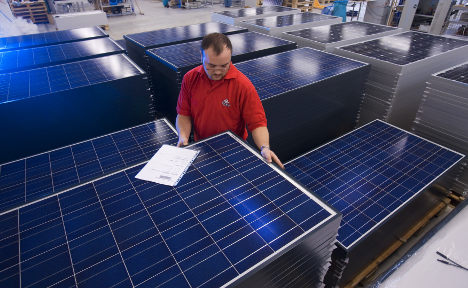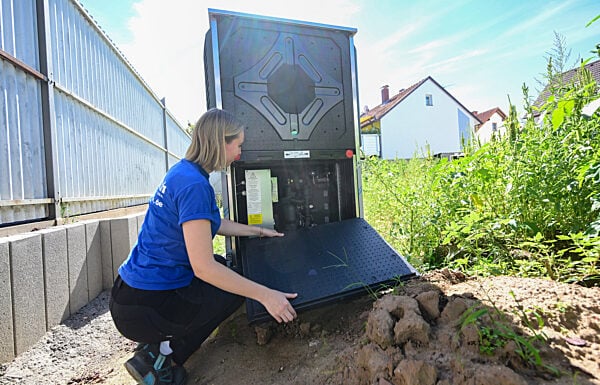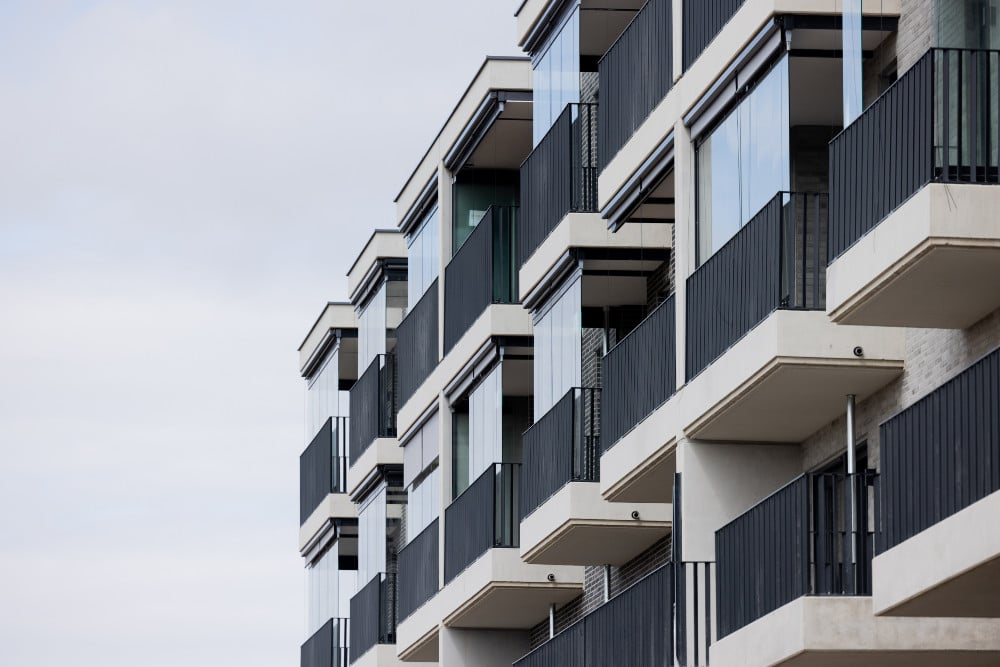TSMC has signed an agreement with the firm, a leading supplier of photovoltaic systems for roofs and key components in Germany, the Taipei-based company said in a statement, adding financial terms will not be disclosed.
Under the agreement, Centrosolar will become the exclusive European manufacturer of crystalline solar modules for TSMC, with the first deliveries due in the third quarter of 2011, it said.
Centrosolar will build a new production hall and warehouse near its plant in Wismar, Germany, as part of a project expected to generate hundreds of new jobs, it said.
TSMC, the world’s top contract microchip maker by revenue, has been branching out to the renewable energy industry in recent years by investing in local and foreign solar firms.
Last year it invested $50 million in a 21-percent stake in California-based solar-panel maker Stion, after buying a 20-percent stake in Taiwan’s largest solar cell producer Motech Industries the year before.
Taiwan has estimated its solar energy industry will be worth up to Tw$200 billion Taiwan dollars ($6.83 billion, €5.29 billion) by 2020.
The island’s parliament has passed a major renewable energy bill aimed at adding between 6,500 and 10,000 megawatts of installed energy from renewable sources over the next 20 years.
AFP/mry





 Please whitelist us to continue reading.
Please whitelist us to continue reading.
Member comments